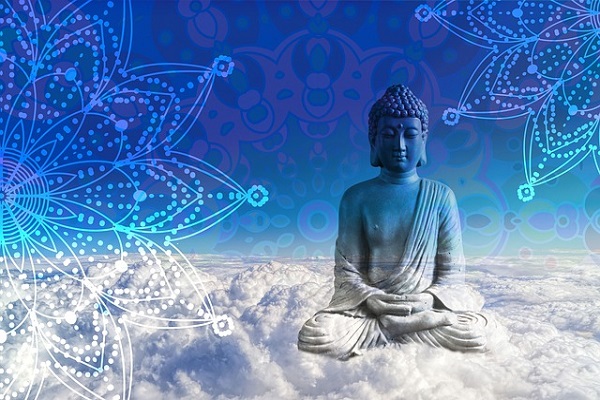
Is There Sin in Buddhism?
- By Alison Lesley --
- 04 Jul 2019 --

When it comes to Buddhists, they do not believe in sinning.[/tweetit] Instead, they regard sin as actions that are either unwholesome or unskillful. Therefore, in their belief, man is not sinful by nature as a way of rebelling against God.
Is There Sin in Buddhism?[/tweetthis]
In this religion, every person is taught they are in charge of his/her good and bad deeds, thus being in control of how he/she molds their destiny. It’s believed that every human being is an individual of great worth with a wealth of good and evil.
The good in a person awaits the right time to manifest. In short, Buddhism teaches that every evil deed done is by a singular individual, not their relatives or friends, and as a result, only the evildoer will repay for what they’ve done.
We can interpret this as man’s sorrow to be of his own making. It doesn’t culminate from a curse (family or otherwise), nor can it be traced to an original sin done by a fanciful primeval ancestor.
Buddhists don’t believe that the world we are in is just a testing ground. They believe it can be the place to achieve the highest perfection. They further believe that humankind isn’t a deity’s experiment created with the power to discard when done.
Buddhists believe that if sin can be forgiven, humanity is capable of taking this as an advantage and proceed to commit more crime. They also don’t subscribe to the belief that a sinner can elude the imparted consequences with unmerited favor.
In Buddhism there is no concept like sin. There are only mistakes, errors. That's beautiful.
— Van (@SGeeRob) April 8, 2016
When a person places their hand on or in a fire, the hand will be burned, and the scars will remain no matter how hard one prays. The same is believed to occur to individuals that choose to walk into the fires of evil action.
Buddhists approach to problems occurring from suffering is empirical as opposed to being metaphysical, imaginary, or speculative. Buddha’s path to sin is that it’s an unskillful and unwholesome action that leads to man’s downfall.
To Buddha, the wicked man is a naïve one. He is an individual that should be instructed more not condemned and punished. The individual is not seen as violating God’s will and shouldn’t have to beg for forgiveness and divine mercy; instead, he should be guided to become enlightened. The wicked man needs an individual who will help him to use reason to understand that he is responsible for his wrongdoings, and there are consequences. Thus, confession is something alien to Buddhists.


















